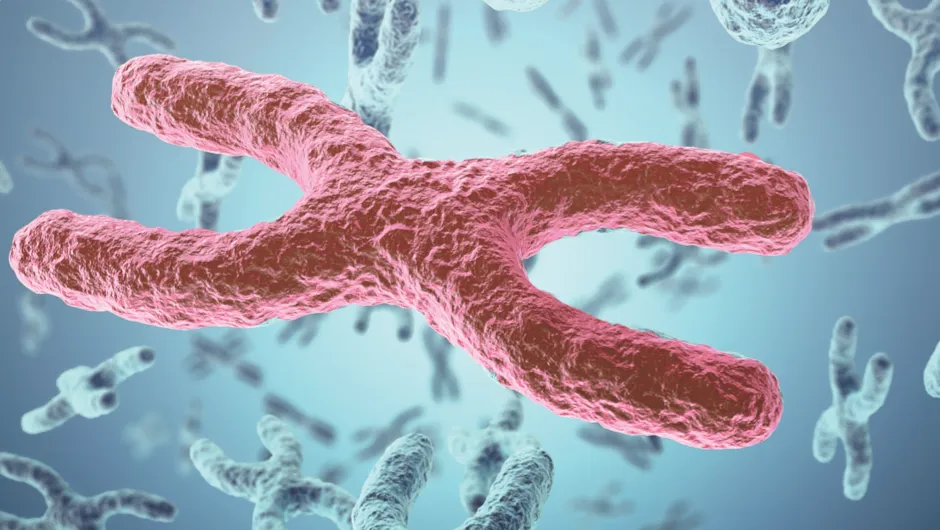What causes the differences?
In every country in the world, women live longer than men. In the UK, women get an extra four years on average; in Russia it’s an extra 11 years (the highest in the world). Some of these differences in life expectancy are down to lifestyle factors, but there’s something much deeper encoded in our genes.
Women have two copies of the X chromosome in every cell, whereas men have one X and one Y chromosome. With women, if one of the genes on the X chromosome becomes faulty, they have a healthy ‘backup’ copy. Men, on the other hand, have to make do with any faulty genes on their single X chromosome, which can put them at a greater risk of disease.

When do the differences begin?
From the moment they are a ball of cells, males are more vulnerable than females, with male babies at a 20 per cent greater risk of dying in the womb. But according to ageing expert Prof David Gems at University College London, mortality in men soars once puberty hits. Some of this is due to men’s more risky behaviour, but studies suggest that long-term problems are caused by the physical changes in the body created by the hormone testosterone.
A 2012 study of records from pre-19th-Century Korea showed that eunuchs who were castrated as boys before the testosterone surge of puberty, lived 14 to 19 years longer than their contemporaries.
Will men ever catch up with women?
With the life expectancy differences so tied up with hormones and genetics, it seems unlikely that men will ever close the gap entirely. But the good news is that not all of our ageing is predetermined. The Russian gap between the sexes, for instance, is thought to be due to the culture of heavy drinking and smoking. As cultures can change, it’s possible for both sexes to live healthier lives with the genetic hand they are dealt. Meanwhile, advances in our treatment of diseases should help us to close the gap even further.
Marnie Chesterton is the presenter of Why Do Women Live Longer Than Men? – an episode of CrowdScience that can be streamed athttp://bbc.co.uk/sounds/play/w3cswvxm
